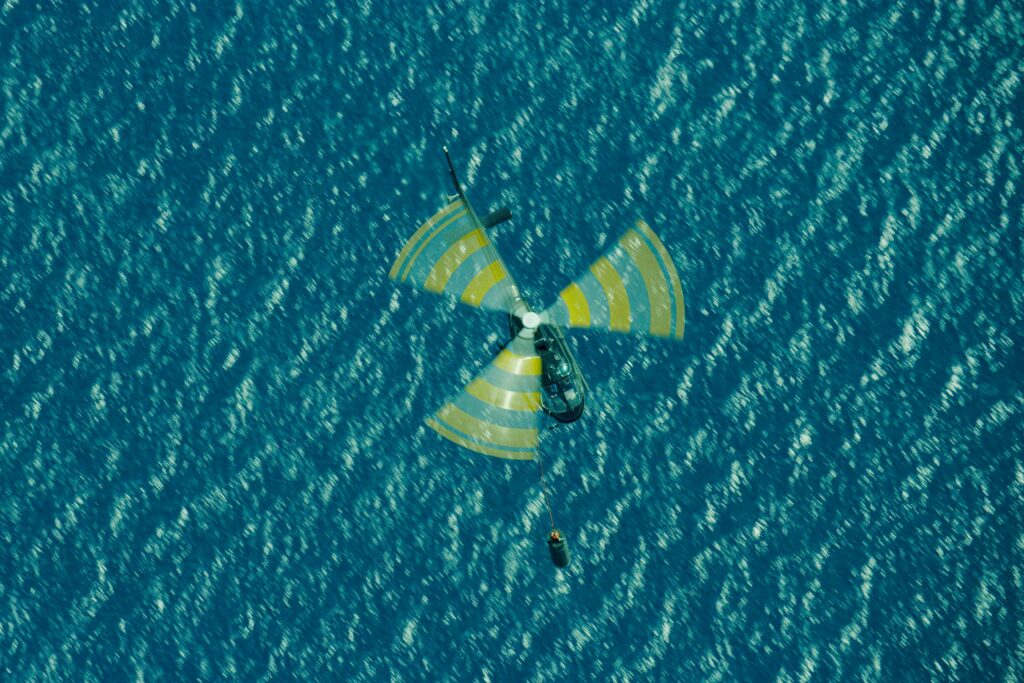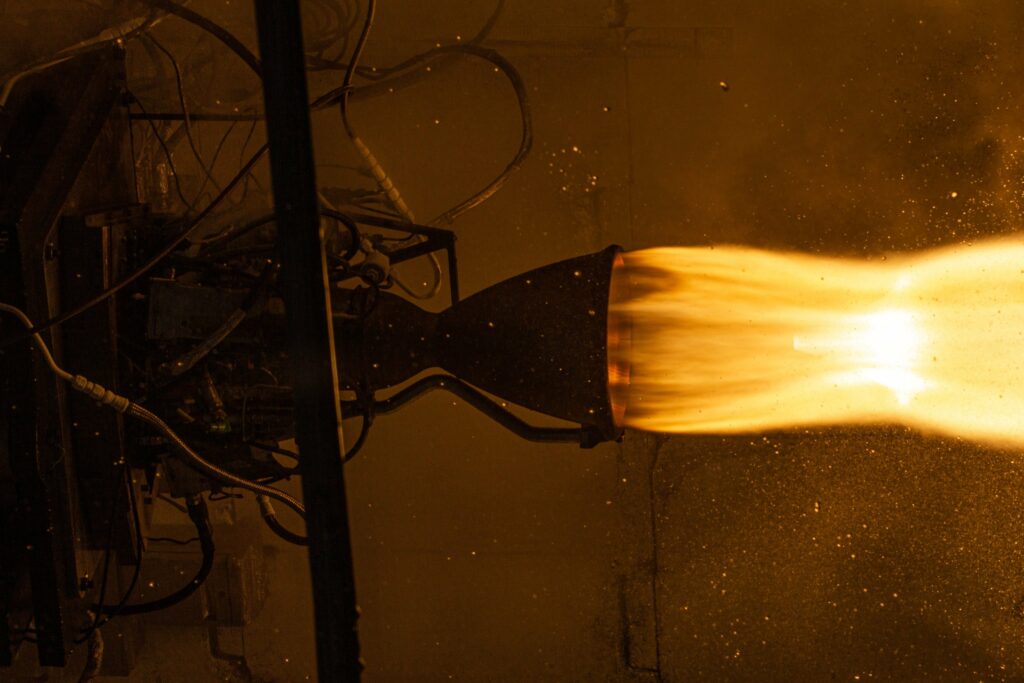Rocket Lab will resend the already flying Rutheford rocket engine into space. This was stated by the head of the company, Peter Beck, at the recently concluded 38th Space Symposium.
Attempts to catch the first Electron stage
Rocket Lab first announced its plans to reuse the first Electron stages in 2019. Then the company planned to ensure their return using a combination of parachutes and a helicopter equipped with a special air capture, which was supposed to “catch” the stage during descent.

The Rutheford engine referred to in Beck’s statement was installed on the first Electron stage used in the There And Back Again mission in May 2022. This was Rocket Lab’s first attempt to pick up a stage returning from space using a helicopter.
The operation was successful. However, after the helicopter picked up the stage, its crew found that the load characteristics differ from the data obtained during training with the layout. Therefore, it was decided to lower the stage into the water. Later, it was picked up by the Rocket Lab ship and delivered to the company’s base.
New flight of the Rutheford engine
According to Beck’s statement, the engineers subjected the engines of the stage returned from space to a large number of different tests. They confirmed the possibility of their further use. Therefore, the company decided to conduct an experiment and send one of the power units into space again. At the moment, the re-flight of Rutheford is scheduled for the third quarter of 2023.

Beck also stated that in almost all Electron stages currently produced, there were reusable components. This is an important step towards realizing the company’s goal of creating reusable rockets.
Suborbital version of Electron
Rocket Lab also confirmed its intention to abandon the use of the helicopter for operations to return the first Electron stages. The company will limit itself only to bringing them into the ocean. In addition, Rocket Lab will soon begin operating the HASTE rocket, which is a suborbital version of Electron. It is intended for research in the field of hypersound and scientific experiments.
The debut launch of HASTE will take place in the coming months. The rocket will be launched from the territory of the cosmodrome on Wallops Island.
According to https://spacenews.com
Follow us on Twitter to get the most interesting space news in time
https://twitter.com/ust_magazine

